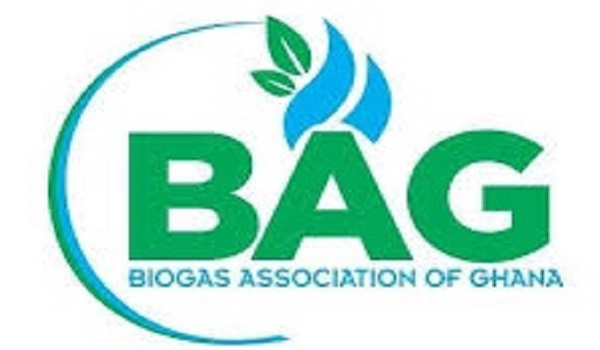The Biogas Association of Ghana (BAG) is advocating the use of biodigesters as a replacement for septic tanks in the management of wastewater from homes and institutions.
The Association has noted that it is time for Ghana to ban septic tanks and convert them into biodigesters.
Speaking at a stakeholder’s workshop, Vice President of the Biogas Association, Nana Osei Bonsu urged the government to consider banning the use of septic tanks and adopting biodigesters which is more environmentally friendly.
He scored the need for the implementation of a policy to achieve this purpose because it is important to promote Onsite Wastewater Treatment Systems over the current practice where septic tanks are used to hold the blackwater for it to be collected and discharged into water bodies in their raw state.
He explained that the invention of biodigesters is not only associated with many benefits but will also help boost the nation’s economy.
Meanwhile, he indicated that not all existing septic tanks can be converted.
The only way a septic tank can be converted is when it has been newly constructed and when it’s already in use, he explained.
“We are rather saying at the district level, they should just replace septic tanks with biodigesters before they give a permit,” he said.
Adding his voice to the conversation, Director of Renew and Alternative Energy, Wisdom Togobo said the call shouldn’t be on advocating for a new policy but rather an advocacy to implement the already existing policy.
“I think your advocacy should not be an advocacy for policy, let us rather put more emphasis on the enforcement on the bye-laws and the policies that already exist rather than advocating for a new policy,” he noted.
Mr Togobo explained that the introduction of biodigesters is possible as there has been several construction that already exists in the country.
The use of biodigesters helps to prevent human waste and untreated water from contaminating water bodies.
Sometimes, these untreated human excreta collected from our homes and toilet facilities end up in water bodies through open dumping.
76 percent of households in Ghana drink water that is contaminated with faecal matter, research by UNICEF had revealed.
Source: www.ghanaweb.com


